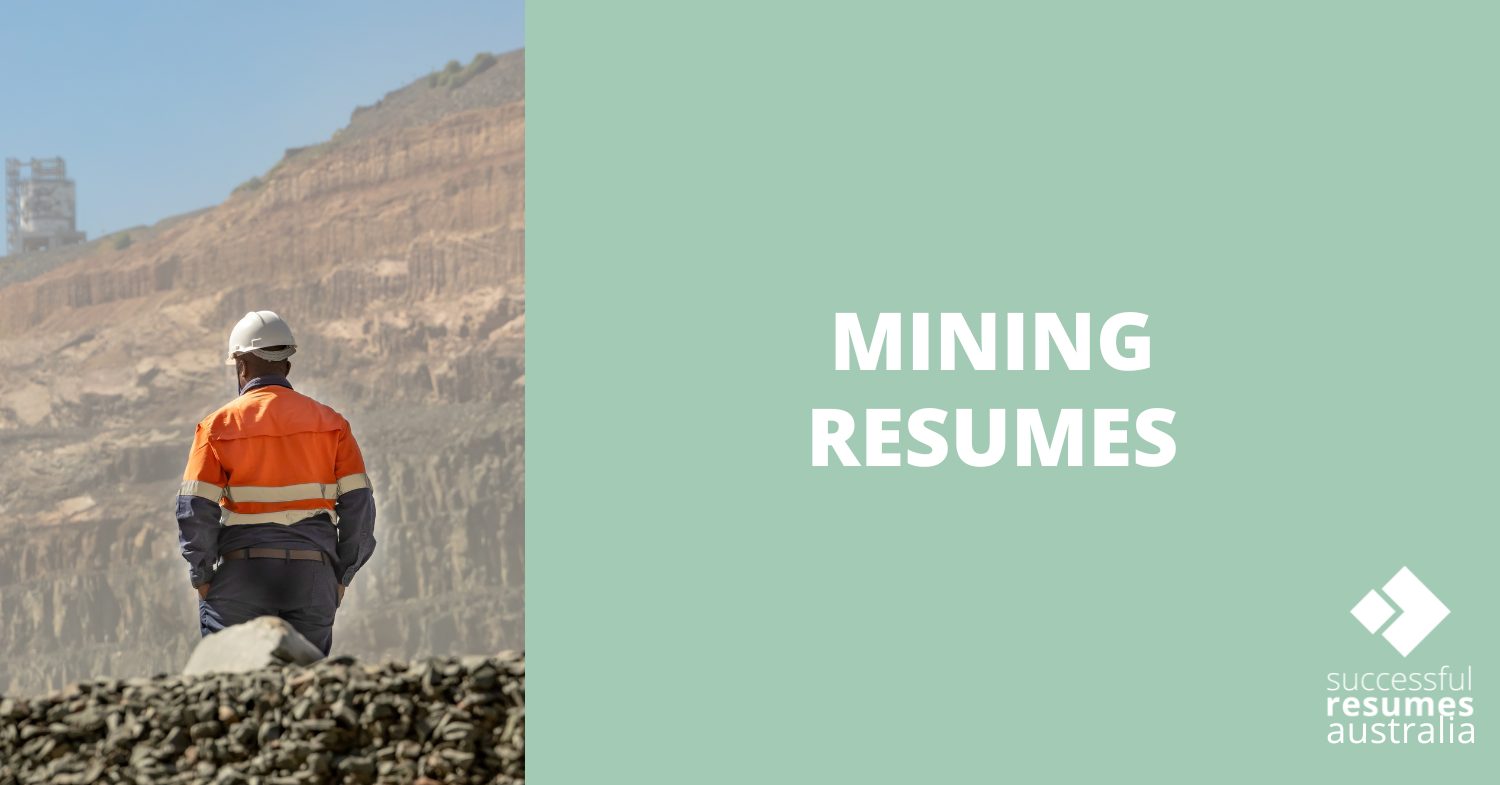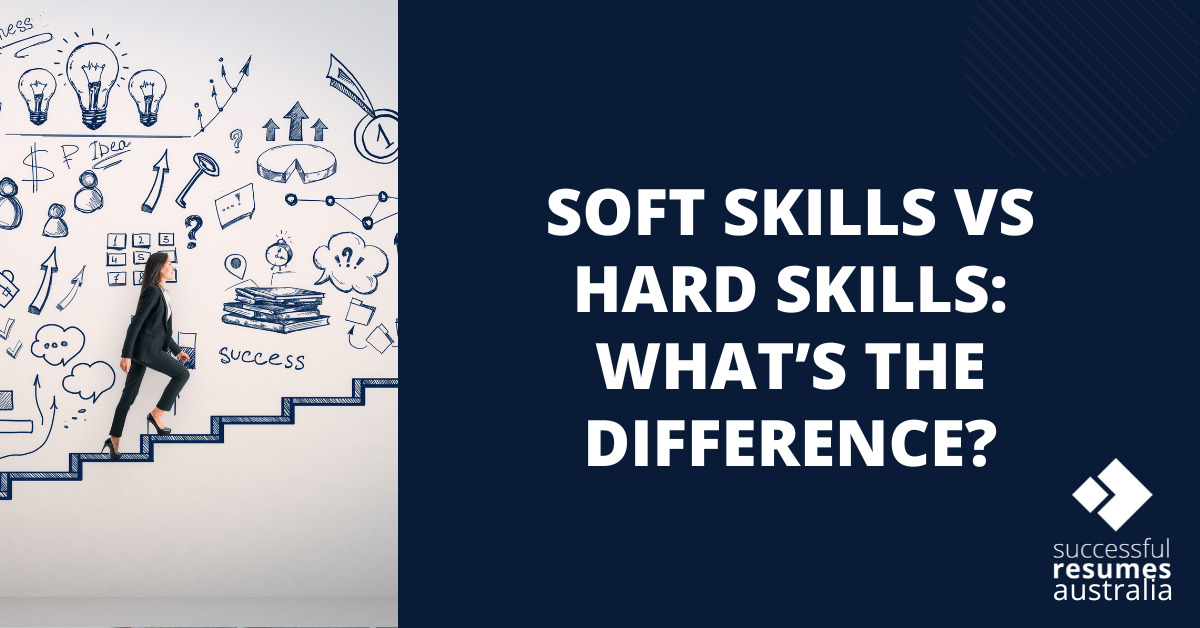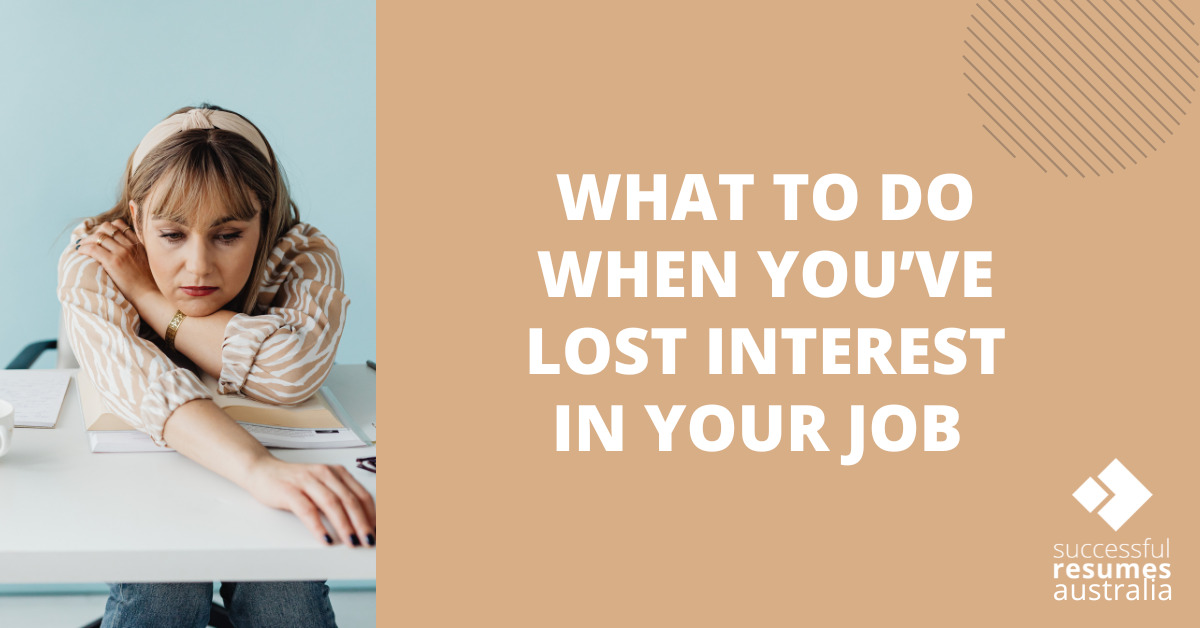
Be A Communications Superstar
Excellent communication skills are essential to building relationships and succeeding in workplaces. They can also make or break your interview success.
Here are our top strategies to help you master the art of communicating so that you can connect with people, be understood and build a strong rapport.
Learn the basics of nonverbal communication.
Albert Mehrabian, one of the first researchers of body language in the 1950’s, discovered that around 7% of the total impact of a message comes from words, 38% from your tone of voice, inflexion, and other sounds and 55% of your impact is nonverbal.
That means that most of what you say, or what people take in, isn’t communicated through your words, but through your body language and physical cues. When it comes to job hunting, learning the art of empowered nonverbal communication is critical. Especially at interview time.
Even if you are feeling nervous, give yourself a pep talk beforehand to prop up your posture. Stand taller, straighter and prouder. Make sure you maintain appropriate eye contact and be interested. Lean in ever so slightly and remember to smile. Stand and sit tall and avoid slouching or folding your arms.
Taking it one level up, calibrating your tone, energy level, language and body language to the interviewer can show that you’re fully engaged in the conversation and will make it easier to build rapport. Although the trick here is to be subtle about it!
Prepare notes, then throw them away
There is a well know trick to interviews; confidence can get you the job and confidence is built from preparation. When you are ready and armed with examples of your experiences, answering interview questions is easier.
We suggest creating a series of career narratives to use across a range of questions or scenarios. We also recommend researching the company and thinking about how your strengths can add value. Once you have done all that, throw it away.
When it comes to the actual interview you want your responses to be engaging, agile and responsive. If you over-prepare, you run the risk of sounding rehearsed and scripted.
Be a listener
To communicate effectively, first listen to what others have to say. Then you can provide a thoughtful answer that shows you understand what they are communicating.
Let the speaker finish their question before you start thinking about your response. This is incredibly important during job interviews. Many people are so nervous in job interviews that they hear the beginning of a question and immediately start thinking of their answer before the interviewer has finished the question. When they start to respond, they often lose focus, realising they didn’t get the full question and their not sure what the interviewer was really asking.
Bring into play the Power of the Pause
Pausing before you speak is one of the most underrated tools that candidate can use in interviews. Great things can happen in pauses. You allow time to think of the most effective response, you carve out the mental space to better articulate your response and importantly you breathe and therefore slow down your speech.
Once the interviewer has asked the question, take a few seconds to consider the best way to respond. Really think about the skills they want to you demonstrate and find the best example you have before you launch into your response.
Be curious
When CareerBuilder surveyed more than 2,500 employers, they found that 32% of hiring managers believed that one of the worst mistakes that candidates make is not asking good questions at the end of the interview.
Job interviews are a two-way street. Asking intelligent and meaningful questions, can set you apart from other candidates and demonstrate you’re genuinely interested in the role. More importantly, it’s the perfect way to determine if the job fits your career goals.
Old-fashioned manners
It’s amazing how far old-fashioned manners will get you. This includes being courteous and polite in the way you speak. Greet the interviewer with a warm smile and use a friendly tone when speaking on the phone. Saying ‘please’ and ‘thank you’ in your spoken communication as well as when you write, will ensure you’re looked on favourably when it comes to manners.
And last but not least, it’s good practice to write a small and simple thank-you note or email to your interviewer to thank them for their time and consideration. For some, this has meant the difference between being asked to attend a second interview, or not.
If you would like to be invited to more interviews, start with a successful resume. Our team have helped more than 100,000 Australians get the job they want with a professional resume. Complete the form below to find out more.
Contact Form
"*" indicates required fields



